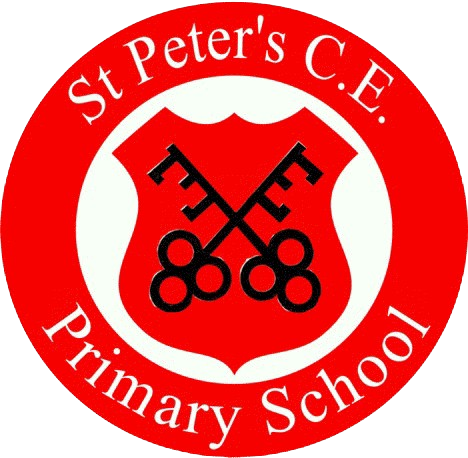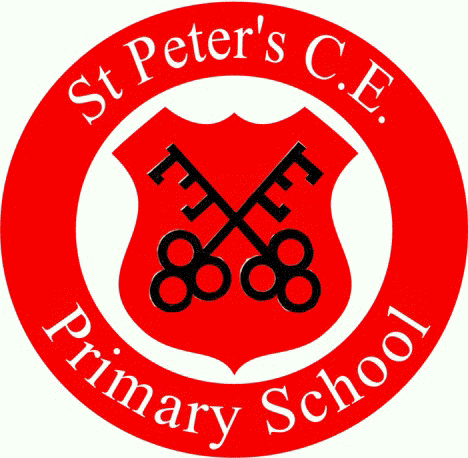E-safety
E-Safety is an integral part of children's education in today's digital world and it is embedded in their learning at school. Technology and the way in which our children engage with the internet is changing rapidly and we need to equip our young people for the changing demands that new technology brings. E-Safety is an important part of keeping children safe at Chorley St Peter's C of E Primary School. We teach our children how to use the internet safely and responsibly.
Curriculum
As part of your child's curriculum and the development of computer skills we provide access to the internet only in teacher supervised lessons. We strongly believe that the use of the web and email is hugely worthwhile and an essential tool for children as they grow up in the modern world. However because there are always concerns about children having access to undesirable materials, we have taken positive steps to deal with this risk in school. Our school internet access provider operates a filtering system that restricts access to inappropriate materials. At the start of the school year, each class discusses how we can all stay safe online and the dangers we may face on the internet. We then ask every child to sign an 'Acceptable Use Agreement' so that we know they have read and understood our school's rules on staying safe.
Cyberbullying
Cyberbullying is bullying that takes place over digital devices such as phones, computers or tablets. Cyberbullyng includes sending, posting, or sharing negative, harmful, false or mean content about someone else. This can include sharing personal or private information about someone else causing embarrassment or humiliation.
At Chorley St Peter's, we take cyberbullying very seriously and we equip our students with the skills needed to identify online bullying and how to respond to it. National Online Safety have created a guide to help young people understand cyberbullying
Here is a glossary of E-Safety terms.
Helpful Websites
You may find the following websites useful in regards to keeping children safe online.
CEOP (The Child Exploitation and Online Protection Centre) delivers a multi-agency service dedicated to tackling the abuse and exploitation of children in the real and ‘e’ world. Often it is referred to as an online 999. By clicking on the button, young people and parents can get advice on a range of issues such as viruses, hacking and dealing with bullying online.
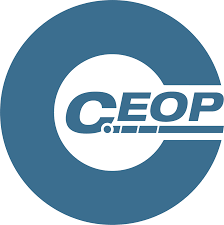
The “Thinkuknow” website is brought to you by the Child Exploitation and Online Protection (CEOP) centre. It provides resources and information for Parents/Carers. It also has a number of videos for children to watch to help with issues such as cyberbullying and talking to strangers online.
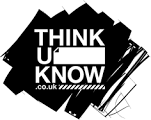
Childnet International has a range of resources available to parents regarding online safety. It has up-to-date guides and an online chat forum if you need to speak to an expert.

Internet Matters is a new online portal designed for parents to access simple, easy and practical advice about online safety for their children, right through from pre-school to teens. It provides tips on protecting children from online grooming, cyberbullying, privacy and identity theft and inappropriate content. Internet Matters is a not-for profit organisation set up by BT, Sky, TalkTalk and Virgin Media.

NSPCC have teamed up with O2 to help parents keep children safe when they are using the internet, social networks, apps and games.
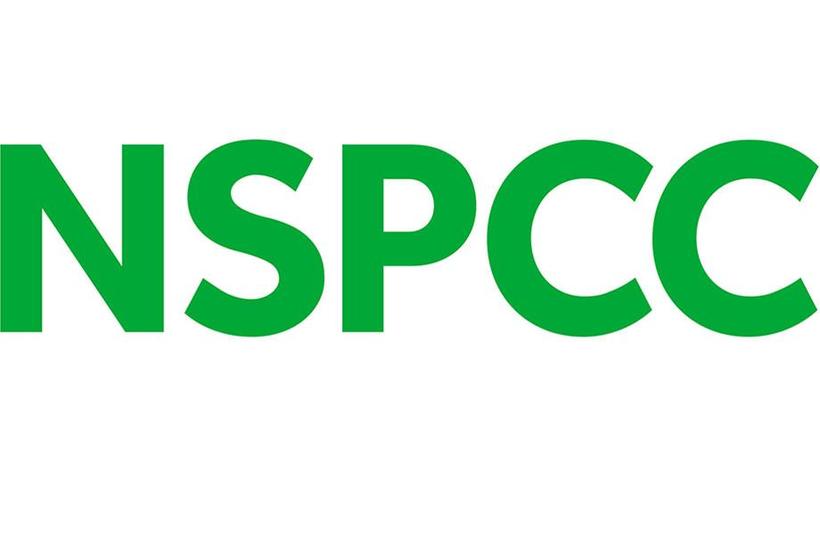
Mobile phones are a big part of children's lives. While they offer many benefits, they also come with risks. Here are some guides to help parents in the UK keep their children's mobile use safe and healthy.
Below are guides to help support children when using a variety of online platforms.
